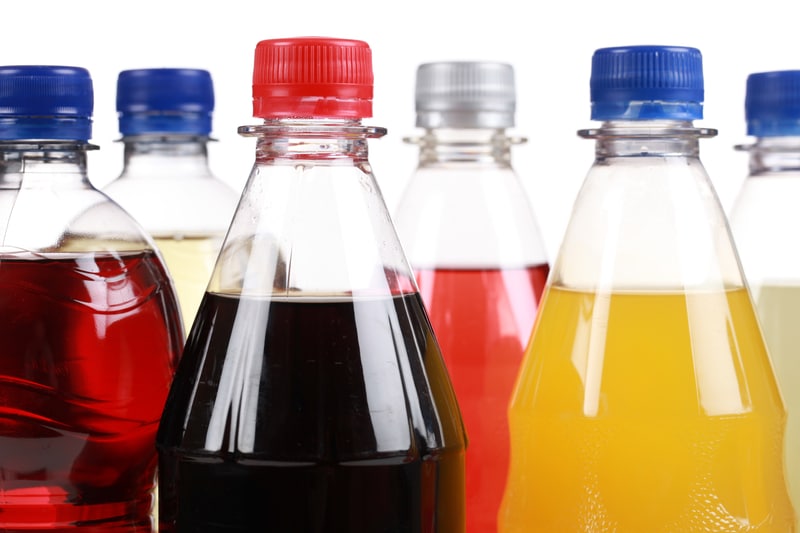According to a new report released by the University of Melbourne, sugar-free drinks can be just as damaging to your teeth as drinks with sugar. This is a good reminder that, despite the damaging potential of sugar, “sugar-free” does not necessarily mean “healthy.”
No Significant Difference with Sugar Free Drinks
The report draws on a long history of research into the erosive potential of soft drinks. Dental erosion is different from dental caries decay. Dental decay is when oral bacteria consume sugars found in food and release acids onto teeth locally, causing enamel loss in a specific area. This can lead to the development of cavities, holes in the teeth, and if the cavities penetrate into the interior of the tooth, it can cause an infected or abscessed tooth. This is related to sugary drinks.
But dental erosion occurs when the teeth are exposed to acid, which attacks the mineral enamel on your teeth. This damage can occur quickly, but the research cited in the new report used teeth that had previously been extracted and were soaked in the beverages for 30 minutes. This means that the research can’t really tell us about how much enamel each beverage would remove in a natural drinking situation, but it allows us to compare the damaging potential of each beverage.
When they compared sugary drinks and sugar-free drinks, the only thing that had a significant relation to the amount of enamel removed was the acidity of the beverage, not whether it contained sugar or not.
Sports Drinks Soften Enamel, Too
When they tested the impact of sports drinks on the hardness of tooth enamel, they found that the beverages often cut the hardness of enamel by half or more. The only sports drinks that didn’t have a significant impact on enamel hardness were those that contained calcium and were less acidic.
Sugar-Free Lollies Are Not Damage-Free
Sometimes sugar-free candies are promoted as actually being helpful for oral health if they contain sugar substitutes, known as polyols, that have antibacterial properties. But about 70% of the candies they tested were acidic enough to dissolve tooth enamel. Fruit flavored candies tended to be more acidic, while mint flavors were less acidic.
You Can’t Trust “Toothfriendly” Labeling
One of the conclusions of the report is that the current standards for giving candies the “Toothfriendly” label are inadequate because they only track a certain amount of acid released at one time, not taking into account other things that may damage teeth, or damage that may occur due to eating multiple candies over the course of the day.
Instead, it’s important to look at ingredients lists for items such as:
- Citric acid
- Phosphoric acid
- Malic acid
- Fumaric acid
- Tartaric acid
- Sodium citrate
- Tartrates
Limiting consumption of these foods can help protect against dental erosion.
Regular checkups and oral hygiene visits can also help by identifying erosion early as well as watching out for tooth decay that can become more serious in combination with erosion.
If you are looking for a Sydney dentist to help protect your teeth, please call (02) 9686 7375 for an appointment at My Hills Dentist in Baulkham Hills.


